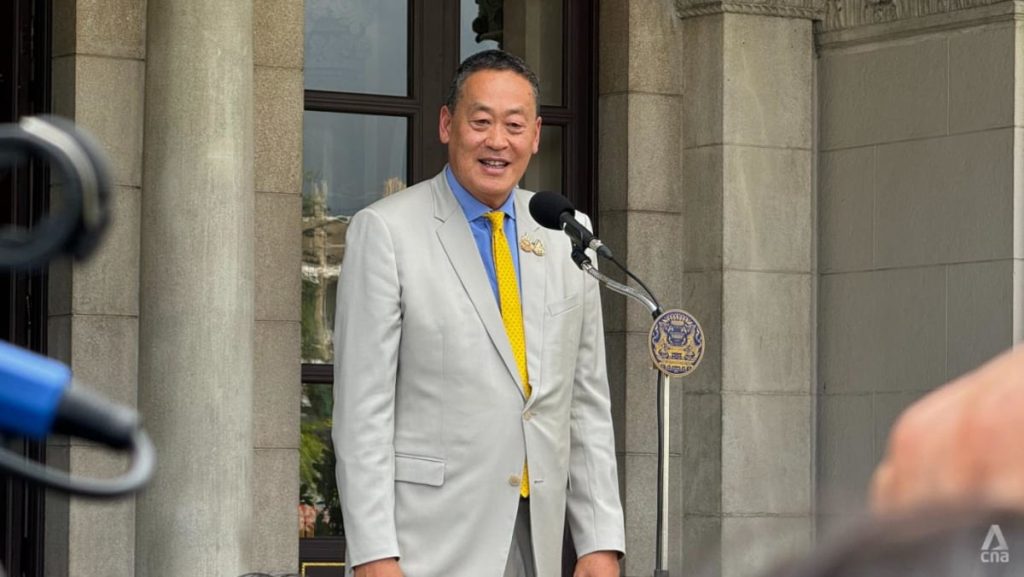The 2023 election in Thailand may see Thaksin Shinawatra’s 37-year-old daughter, Paetongtarn Shinawatra, nominated as a prime ministerial candidate by her party, Pheu Thai. If successful, she would become the third Shinawatra premier after her father Thaksin and her aunt, Yingluck Shinawatra. Other potential candidates for the position include Interior Minister Anutin Charnvirakul, Energy Minister Pirapan Salirathavibhaga, and influential former army chief Prawit Wongsuwan, who has been involved in past coups.
The court decision regarding the eligibility of the next premier comes at a challenging time for Thailand’s economy. The outgoing premier, Srettha, struggled to stimulate economic growth, with issues including weak exports, stagnant consumer spending, high household debt, and over one million small businesses unable to access loans. The government has forecasted a growth rate of just 2.7% for 2024, which lags behind neighboring countries. Thailand’s main stock index, SETI, has also performed poorly this year, down approximately 17% year-to-date, making it Asia’s worst-performing market.
In the upcoming election, the choice of the next premier will play a significant role in determining the direction of Thailand’s economy and politics. Paetongtarn Shinawatra, if selected as the prime ministerial candidate for Pheu Thai, would continue her family’s legacy in leadership. Other potential candidates bring their own backgrounds and experiences to the table, such as Anutin Charnvirakul, Pirapan Salirathavibhaga, and Prawit Wongsuwan. The decision will impact how Thailand addresses key economic challenges and moves forward with recovery and growth.
The ongoing challenges in Thailand’s economy, including weak exports, consumer spending, household debt, and small business loan access, highlight the need for effective leadership to address these issues. The next premier will need to implement strategies to boost economic growth, improve the business environment, and support struggling sectors. With the economy facing significant headwinds, such as the impact of the COVID-19 pandemic, the new premier will need to navigate these challenges and prioritize policies that promote recovery and stability.
Despite the economic difficulties facing Thailand, there is an opportunity for the next premier to enact reforms and initiatives that could spur growth and development. By implementing policies that address the root causes of economic sluggishness and create a conducive environment for businesses and consumers, the new premier can help revitalize the economy. Collaborating with stakeholders, implementing targeted measures, and fostering innovation can all contribute to Thailand’s economic recovery and future prosperity.
In conclusion, the selection of the next premier in Thailand will have far-reaching implications for the country’s economy and political landscape. Whether it is Paetongtarn Shinawatra or another candidate who takes on the role, they will face significant challenges in addressing the economic issues plaguing Thailand. By prioritizing growth, stability, and reform, the new premier can work towards revitalizing the economy and setting a positive trajectory for the country’s future.


